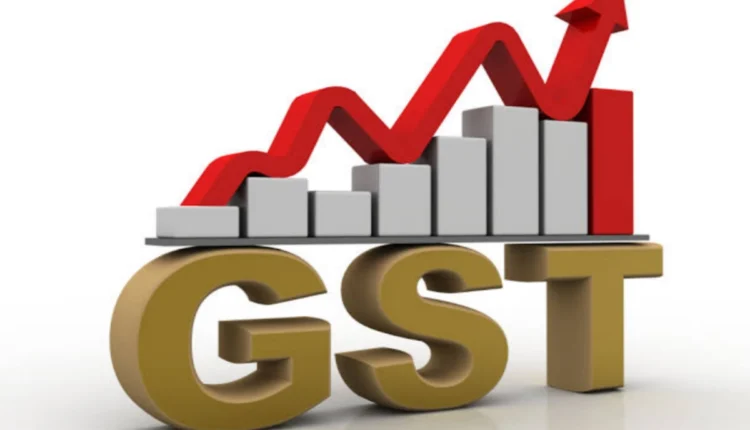The GST Council struck a major blow to the booming online fantasy sports industry with a surprising decision that has shocked the entire Online Fantasy Sports Industry sector. Concerns have been expressed regarding the future of the sector and the numerous jobs it supports as a result of the decision to apply a whopping 28% Goods and Services Tax (GST) on the full face value of these platforms. This unprecedented action, led by state governments, demonstrates a lack of comprehension of user mindset and poses a threat to the entire industry that formerly flourished. The ruling has far-reaching effects that put the future of the online fantasy sports market in jeopardy.
The recent explosion in popularity of the online fantasy sports industry provided sports fans with the joy of taking part in virtual leagues and competitions. The Online Fantasy Sports industry is currently in disarray due to the introduction of a 28% GST on the whole face value of these platforms. This outrageous fee exceeds the cost of the service itself, which is an unheard-of circumstance elsewhere in the world. The amount of work required by both users and operators is astonishing, making the sector unviable and endangering numerous employment.
The state governments’ drive for such a high levy, according to critics, demonstrates a greedy approach to paying their pensions and revenue redistribution. This action appears to disregard the necessity of fostering a vibrant startup ecosystem as well as the fundamental understanding of user mindset. The revisions proposed by the GST Council reveal a glaring ignorance of the factors that influence user engagement and the precarious state of the sector.
This choice has consequences that go beyond simple financial costs. With thousands of jobs on the line, the future of a whole industry is in doubt. In addition to giving sports fans a place to play their preferred games, the fantasy sports industry in India has made a sizable economic contribution. The sector’s advancement and potential are in danger of being destroyed by the unexpected application of such a high tax.
Policymakers must acknowledge the distinctive features of the online fantasy sports market and take a more thorough approach to taxation. Understanding the delicate balance between taxation and industrial growth would be necessary for this, keeping in mind the potential effects of high taxes on a developing industry. Government can assure a sustainable future that benefits all interested parties by fostering the business through supportive policies.
The recent decision by the GST Council to tax the online fantasy sports industry at a rate of 28% has shocked the whole Online Fantasy Sports industry. Lack of awareness of the user mentality and the effects of high taxes threaten to destroy a whole business and endanger many employment. Policymakers must rethink their strategy and adopt a more comprehensive viewpoint that promotes the expansion and long-term viability of the online fantasy sports industry. If this is not done, a once-thriving industry and the possibilities it provided for millions of Indians would permanently disappear. The decision’s long-term effects will only become clear with time, and the future of the sector is in jeopardy.

